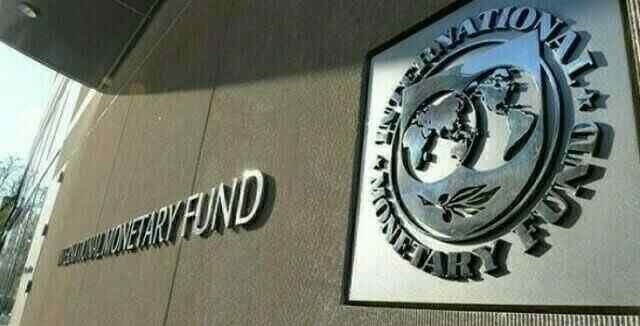Islamabad – The International Monetary Fund (IMF) has urged Pakistan to toughen its anti-money laundering (AML) framework and improve the performance of the National Accountability Bureau (NAB), but the government is preparing to challenge parts of the lender’s draft report, arguing that several findings misrepresent the situation on the ground.
Senior officials confirmed that Islamabad has received the IMF’s draft Governance and Corruption Diagnostic (GCD) Assessment. The government, they said, will submit formal objections and departmental feedback before the report is finalised at the end of August.
IMF’s Governance Review
The GCD report is meant to flag governance weaknesses and corruption vulnerabilities, while recommending structural reforms. Once the consultation process is complete, a final version — including a reform action plan — is scheduled for release in October 2025.
Pakistan has already committed under its IMF programme to strengthen institutions, curb corruption, and create a more transparent business environment.
Domestic Review of Accountability Institutions
Earlier this year, following the UN Convention against Corruption (UNCAC) peer review, the federal cabinet formed a committee to study the findings. Based on its advice, the government plans to publish the full UNCAC review and make it accessible through NAB and provincial anti-corruption bodies.
At the same time, the Supreme Court’s ruling on the NAB Ordinance has pushed the government to revisit the bureau’s powers. Authorities say they will focus on making NAB more independent and effective in probing high-value corruption cases exceeding Rs500 million, while improving coordination with the FIA and provincial anti-corruption establishments (PACEs).
New Rules on Money Laundering Investigations
Under the Anti-Money Laundering Act and the National Fiscal Pact, the Financial Monitoring Unit (FMU) is expected to formally empower PACEs by December 2025 to investigate laundering cases tied to corruption. PACEs will also be able to directly request financial intelligence from the FMU.
Asset Declaration Overhaul
Another major reform involves public officials’ asset disclosures. Amendments to the Civil Servants Act now require senior bureaucrats (grades BPS 17–22) to file digital declarations covering both domestic and overseas assets of themselves and their families. These declarations will be made publicly available, though sensitive details like ID numbers and bank accounts will remain confidential.
The Establishment Division and the FBR have been tasked with building a centralised, digital system for collection, verification, and publication of the data. Work on this system is already underway.
Banks’ Access to Declarations
In a related step to tighten anti-money laundering and counter-terror financing (AML/CFT) checks, banks will be granted direct access to asset declarations of senior public officials. This is intended to help financial institutions assess risks related to politically exposed persons.
The FBR launched an online Customer Due Diligence Portal in December 2024 to streamline requests from banks, with responses promised within 24 hours. Similar access rules will be rolled out at the provincial level in coordination with the FBR, Finance Ministry, and Establishment Division.
Outlook
While the government appears committed to meeting several IMF-backed reforms, its pushback against parts of the GCD assessment suggests that the coming months will involve tough negotiations. The IMF’s final report in October will set the tone for how Pakistan balances external pressure for institutional reform with its own domestic realities.

